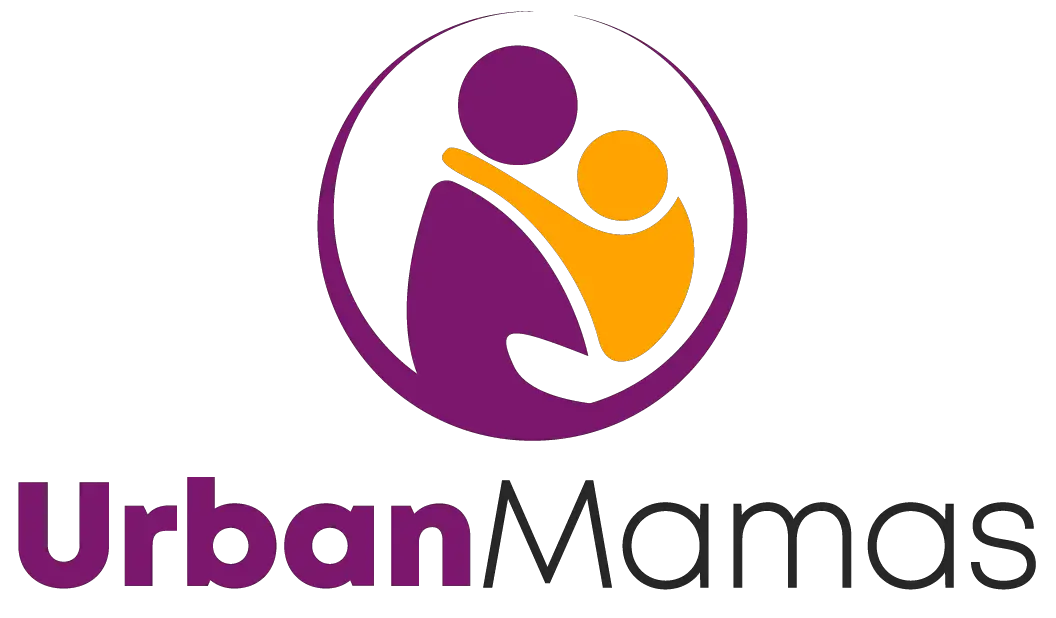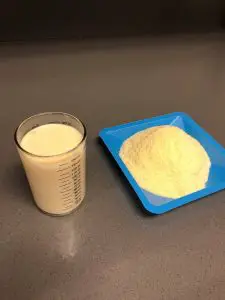Table of Contents
Formula Milk at Room Temperature
We know how busy you, mothers, can be that you tend to prepare a batch of bottles at once. This is great if you are confident that your little one will be able to consume those bottles you prepared within two hours.
We understand that you need keeping things on-the-go, but experts suggest, and we agree that you prepare freshly made formula milk only when your baby needs it or asks for it. This is a great tip to follow if you want to avoid wastage. When travelling with your baby, carry a separate container for the formula and another flask for the distilled or hot water and whip off a bottle of the best formula milk only when your little one wants to eat or drink already.
Always remember that even new and untouched bottles at room temperature should be discarded at the two-hour mark. However, other milk formula brands require for it to be consumed within an hour, so it is vital that you read the package inserts and instructions as well.
Refrigerated Formula Milk
Pediatricians and experts do not recommend preparing a batch of bottles of formula milk in advance. But if you really need to prepare a couple of bottles in advance, you should store untouched bottles at the back portion of the refrigerator where it is the coldest. As long as your baby hasn’t drunk from that bottle yet, a refrigerated bottle can last for up to 24 hours. Concentrate formula can be stored in the refrigerator for 48 hours.
Refrigerating bottles that you plan to be consumed later will help in preventing bacterial growth and spoilage. Freezing formula milk is not recommended.
Preparation
Always practice good and hygiene, remember to wash your hands thoroughly with soap and running water before preparing your baby’s milk formula and before feeding them as well. Also, sanitize and clean the countertop where you will be preparing your baby’s meal.
Make sure that the materials such as bottle and nipples are adequately sterilized. Read here if you want to know how to sterilize bottle nipples properly.) There is also a separate post about the best baby bottle cleaners
When preparing and mixing your baby’s milk formula, always follow the instructions written on the package. Preparation method may vary per brand, and there might be specific instructions or step-by-step procedure for some, that is why reading before everything is always a good idea.
Warming your baby’s bottle may not be necessary, but you can do it if you want to. Some parents prefer giving them warm bottles for a more soothing mealtime and added warmth during feeding. Note that microwave is not recommended when it comes to heating baby bottles since they heat the bottle unevenly, producing hidden areas that may be too hot and might burn your little one. You may warm a baby bottle through placing it under running warm water, and a good bottle warmer is also a great idea.
Last but surely not the least, always use sterile or distilled water in preparing formula milk. You may sterilize water through boiling or simply purchase distilled water near you. Reheating formula milk should never be done. Always consult your pediatrician if your baby has medical conditions that might demand specific needs when it comes to milk formula preparation.
Usage and Storage
When it comes to baby formula, it is either you use it quicky or store them safely. Prepared infant formula left out at room temperature will spoil in two hours. Always prepare just enough for your little one to consume in a certain period of time. If you are not planning on feeding your baby with the bottle that you prepared, store immediately inside the refrigerator.
Used formula milk bottle or leftovers should be discarded immediately. It is not ideal for to store or to reheat any infant formula left since saliva and milk combined is a suitable medium for bacterial growth. Always make sure to clean bottles and nipples thoroughly before storing and before making another bottle of formula milk.
Sealed or unopened baby milk formula should always be appropriately stored in a cool and dry area. Avoid storing formula milk in places with direct heat. Most infant formulas should be consumed within a month after opening; it may vary from one brand to another; that is why it is always important to check the container and the label. Both powder milk formula and the concentrate or ready-to-use ones have almost similar spoilage rates.
Ideal Baby Formula Preparation Schedule
There is no single ideal baby formula preparation schedule since this varies depending on your child’s appetite and their feeding schedule. As mentioned above, it is always a good idea to prepare only a batch of bottles that can be consumed within an hour or two. If you plan on making a batch to be refrigerated, also prepare enough that can be consumed within 24 hours or within a day.
Always consider your little one’s feeding pattern, only you can determine how frequently your baby feeds or how many can he consume during the day. The key to avoiding wastage and spoilage is planning and scheduling, simply observe and figure out the frequency of your baby’s mealtime. Through this way, you may be able to plan on how bottles should you be preparing for the night and during the day.
If you are still at the stage of figuring things out, don’t worry about it too much. Preparing baby milk formula is indeed a quick process so having a fresh bottle right away is very easy. Trust us, once you get the hang of it, little to no baby formula milk will go to waste.
Final Thoughts
The basic rule of thumb when it comes to your baby’s bottle is, “when in doubt, dump it out!” We would never want to risk our little ones having a sour stomach or tummy aches. But this we assure you, once you follow our tips and tricks and be accustomed to the baby formula prepping scheme, this will totally be quick and easy as 1, 2, 3!

